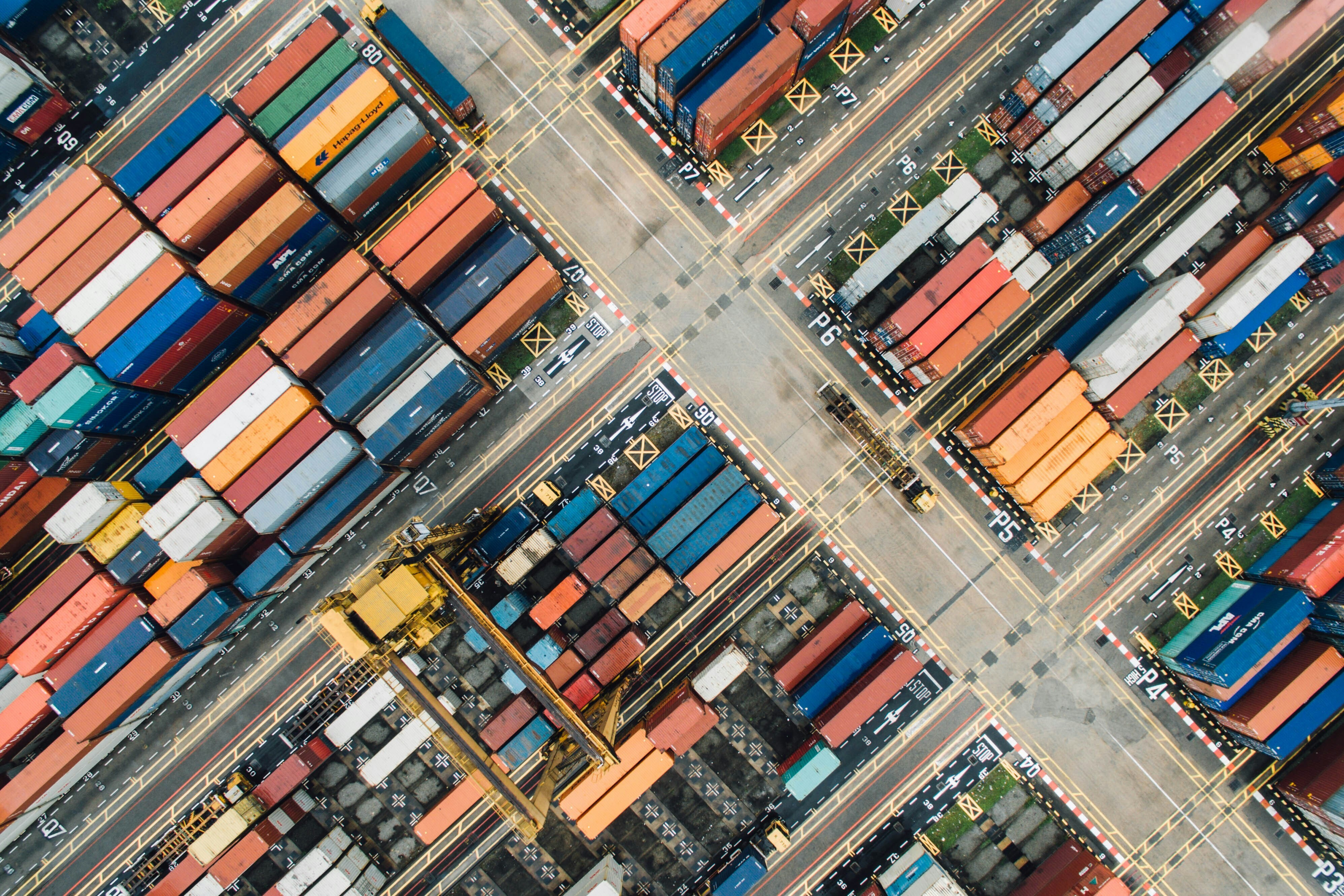How Blockchain could boost the economic power of the LGBT community

Blockchain could help the LGBT community fight abuses globally whilst keeping its members anonymous.
Image: REUTERS/Brendan McDermid
Stay up to date:
The Digital Economy
Blockchain can help the LGBT community flex its economic muscle and fight rights abuses globally - from Chechnya to Uganda - while safeguarding the identity of members, said the charity behind a new digital initiative.
The LGBT Token scheme will use blockchain - the technology behind digital currencies such as bitcoin - to create a digital system that will make the community’s economic power more visible, said the LGBT Foundation.
There is no precise measure for global spending by the lesbian, gay, bisexual and transgender (LGBT) community, but the so-called “pink economy” is estimated at up to $4.6 trillion per year - larger than Germany’s GDP - the charity said.
“This is a significant economic force that’s still poorly understood by brands,” Christof Wittig, president of the Hong Kong-based LGBT Foundation, told the Thomson Reuters Foundation.
The digital tokens, which are expected to be issued in April, will be used with the existing Ethereum cryptocurrency.
Blockchains are ledgers of digital transactions, which are difficult to tamper with, and are maintained by a network of computers without a centralized authority.
Advocates are already exploring how blockchain can protect land rights, fight deforestation and end child trafficking.
The LGBT Token system will make the purchasing power of the LGBT community visible, giving greater economic clout to its members - without jeopardizing their privacy, Witting said.
“It’s one’s own choice what type of relationship and membership you have to the LGBT community,” he said. “And blockchain allows for safe affiliation to the community.”
Blockchain also allows verification of a person’s identity without jeopardizing their safety, said Chris Wood, executive director of U.S. nonprofit LGBT Technology Partnership.
“It’s extremely important, especially in parts of the world where our community isn’t accepted,” said Wood.
The scheme will also eventually fundraise for LGBT causes through the sale of additional tokens each year. Funding will be allocated by token holders to issues they see as important.
Witting said this could support causes like combating the persecution of gay men in places like Uganda or Chechnya. The LGBT community in this deeply conservative region of Russia has reported intensifying persecution and abuse by authorities.
Creating a unified and visible network would also help the LGBT community rally around such rights abuses, allowing it to respond with aid and assistance.
“All in all, it would brings our community together in a way that I don’t think any current system does,” said Wood.
Don't miss any update on this topic
Create a free account and access your personalized content collection with our latest publications and analyses.
License and Republishing
World Economic Forum articles may be republished in accordance with the Creative Commons Attribution-NonCommercial-NoDerivatives 4.0 International Public License, and in accordance with our Terms of Use.
The views expressed in this article are those of the author alone and not the World Economic Forum.
Related topics:
Forum Stories newsletter
Bringing you weekly curated insights and analysis on the global issues that matter.
More on Emerging TechnologiesSee all
Conny Kalcher
November 6, 2025
Thea Hayden
November 6, 2025
William Dixon
October 30, 2025
Kate Whiting
October 30, 2025







